
Ever find yourself wondering why your sexual desire seems to ebb and flow, sometimes leaving you feeling disconnected from that spark of passion? It’s not uncommon to experience fluctuations in libido, but understanding why this happens can be both enlightening and empowering. Is it just stress? Hormonal changes? Or perhaps something deeper? Let’s dive into the world of libido and uncover the mysteries behind it.
What Exactly Is Libido?
Libido, often referred to as sexual desire or drive, is a complex interplay of biological, psychological, and social factors. At its core, libido is the instinctual drive that motivates sexual activity, but it's far more intricate than just a physical urge.
Is Libido Fluctuation Normal?
Libido is not a constant; it’s entirely normal for it to fluctuate over time. Various life stages, changes in health, and shifts in relationships can all cause variations in sexual desire. For instance, someone might experience heightened libido during periods of emotional or physical well-being, while stress, illness, or significant life changes could lead to a temporary decrease in libido.
According to Dr. Emily Nagoski, author of Come As You Are, libido is influenced by a "dual-control model," where excitatory and inhibitory factors interact. Stress, health changes, and relationship dynamics can all cause natural ebbs and flows in libido. Studies show that 43% of women and 31% of men experience low sexual desire at some point, reflecting how common these fluctuations are. It's important to view these changes as part of the broader spectrum of sexual health rather than as abnormalities.
What causes low libido?
Biological Factors
Hormones play a significant role in regulating libido. Testosterone, often associated with male libido, also affects women, influencing their sexual desire. Similarly, estrogen and progesterone contribute to the sexual appetite, especially in women, fluctuating throughout the menstrual cycle.
Psychological Factors
Factors such as stress, anxiety, and mental health profoundly impact libido. A busy mind can dampen sexual desire, as it’s hard to feel sexually motivated when overwhelmed by daily pressures. Mental health conditions like depression or anxiety can further lower libido, creating a vicious cycle where the desire for intimacy diminishes.
Social and Environmental Factors
The quality of your relationships, the level of intimacy and communication with your partner, and even societal norms can influence how you perceive and express your sexual desire. In a nurturing and supportive environment, libido tends to flourish, whereas in a stressful or unsupportive setting, it might wane.
Practical Strategies to Boost Your Libido
If you’ve noticed a dip in your libido, there are practical steps you can take to rekindle your passion. Start by evaluating your lifestyle. A balanced diet rich in nutrients, regular exercise, and sufficient sleep are foundational to maintaining a healthy libido.
A Healthy Diet
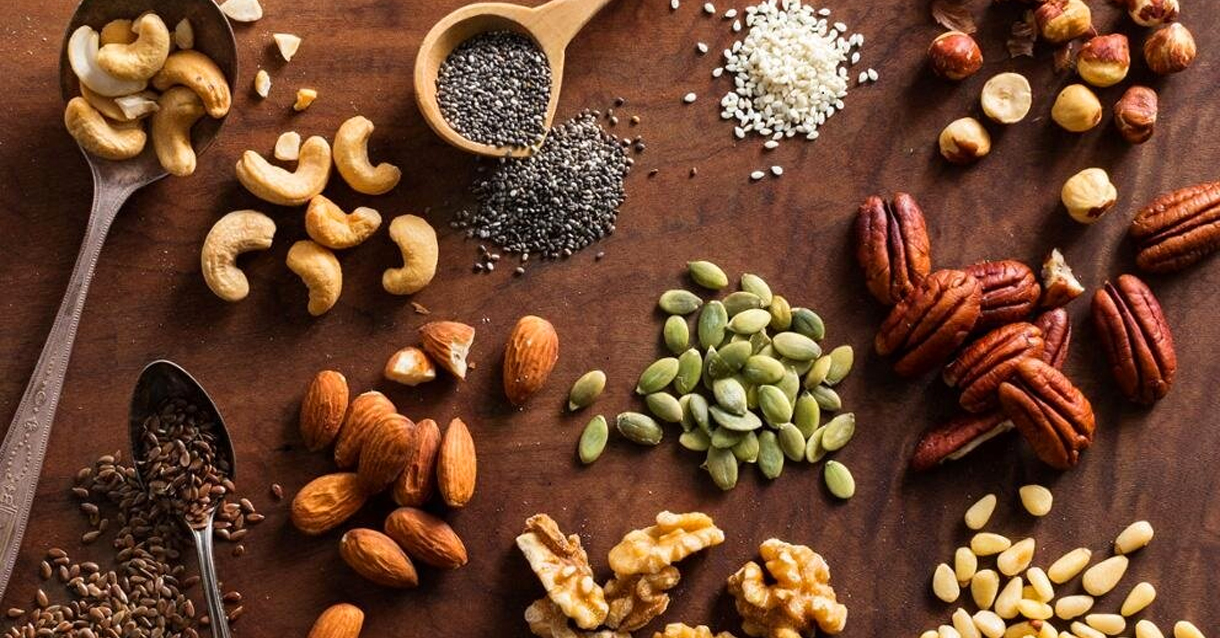
A healthy diet is crucial for maintaining and enhancing your libido. Certain foods are known for their libido-boosting properties, helping to improve blood flow, balance hormones, and increase energy levels—all of which contribute to a more vibrant sexual desire. By incorporating these foods into your diet, you can naturally support your body's ability to maintain a healthy and active libido.
Dark Chocolate
Dark chocolate is rich in flavonoids, which improve blood flow and stimulate the release of endorphins, boosting mood and sexual desire. Its high magnesium content also helps reduce stress, allowing for a more relaxed and enjoyable intimate experience.
Nuts and Seeds
Almonds, walnuts, and pumpkin seeds are packed with zinc and omega-3 fatty acids, both of which are vital for hormone production and sexual health. Zinc, in particular, plays a key role in testosterone levels, directly influencing libido.
Avocados
Avocados are loaded with healthy fats, vitamin E, and potassium, which enhance blood circulation and heart health—essential factors for a healthy libido. Their high folic acid content also helps boost energy and stamina during sexual activity.
Exercise and Physical Health

Exercise, especially cardiovascular activities like running or cycling, significantly improves blood flow, which is essential for sexual arousal. For instance, a regular routine of 30 minutes of brisk walking daily can enhance circulation, reduce stress, and elevate mood. These benefits collectively boost libido by increasing energy levels and building self-confidence, making you feel more connected to your body and desires.
Mental Health and Stress Management
Mental health is another critical aspect of maintaining libido. Managing stress through mindfulness, meditation, or therapy can help reduce anxiety and create a mental environment conducive to sexual desire. If mental health issues like depression or anxiety are affecting your libido, seeking professional help can make a significant difference.
Relationship Quality
Healthy relationships play a vital role. Open communication with your partner about your sexual needs and desires can strengthen your bond and create a more intimate connection. This emotional closeness can, in turn, enhance sexual desire. Additionally, engaging in activities that build emotional intimacy, such as date nights, shared hobbies, or even simple acts of affection, can reignite the spark in your relationship.
Self-Exploration and Empowerment
Exploring self-pleasure is a key aspect of understanding your sexual desires and boosting confidence. For example, using a vibrator can help identify the type of stimulation you enjoy most, whether it’s a specific rhythm, pressure, or area. Additionally, practicing mindful touch can increase sensitivity, making it easier to communicate your preferences to your partner, leading to more satisfying shared experiences.
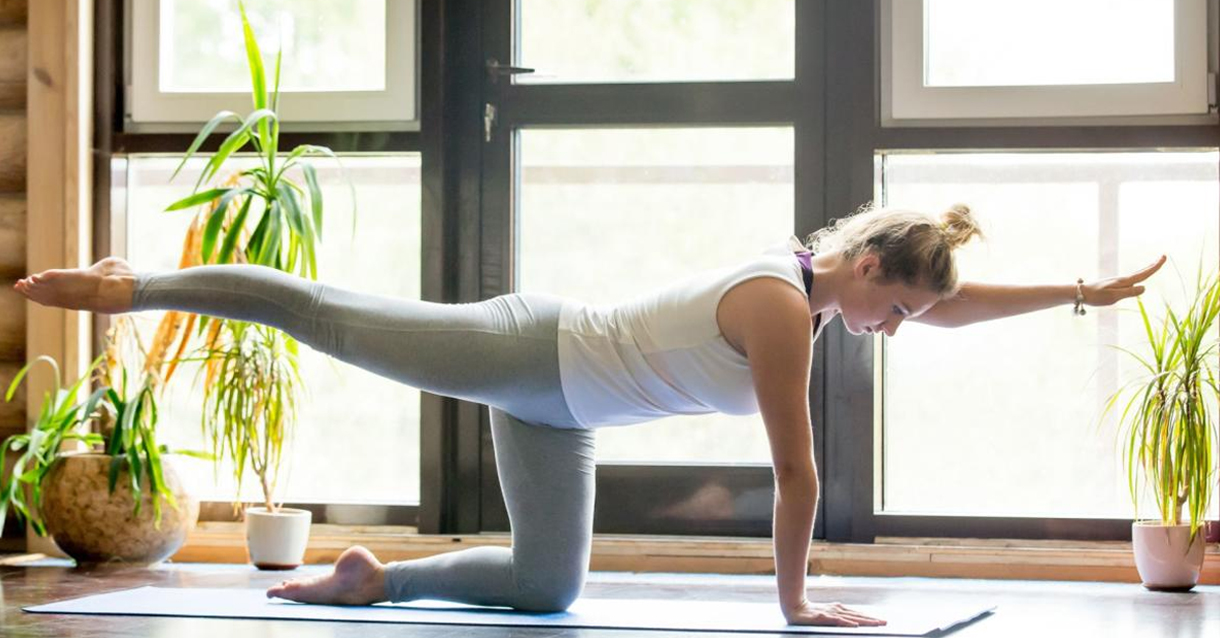
Libido and Your Sex Life
Your libido is closely tied to the quality of your sex life. A healthy libido often leads to more satisfying sexual experiences, as the desire for intimacy drives both physical and emotional connection. When your libido is in a good place, you’re more likely to feel engaged and present during sexual activity, leading to deeper satisfaction for both you and your partner.
Addressing Libido Issues in Relationships
When libido drops, it can create challenges in a relationship. It’s important to approach these situations with understanding and open communication. If you’re experiencing a decrease in libido, talking to your partner about it can alleviate misunderstandings and help both of you find ways to reconnect. Sometimes, simply acknowledging the issue and working together to address it can make a world of difference.
Seeking Professional Help
In some cases, professional guidance might be necessary. If libido issues persist or cause significant distress, consulting with a sex therapist or healthcare provider can provide valuable insights and solutions. They can help identify any underlying issues and offer strategies tailored to your specific needs, ensuring that your sexual health remains a priority.





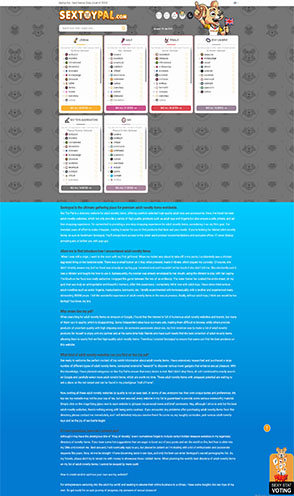
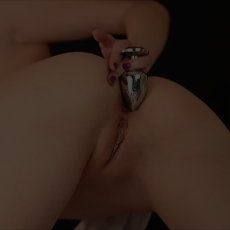





 luvsenz
luvsenz  ssxdesire
ssxdesire  eesensual
eesensual  ssdelight
ssdelight  intilust
intilust  eeromance
eeromance  sintimatee
sintimatee  spassionn
spassionn  lustssx
lustssx  ssecstasy
ssecstasy  lesaria
lesaria  femles
femles  vibher
vibher  pleasurax
pleasurax  ecstasyedge
ecstasyedge  eroswave
eroswave  desiredock
desiredock  intimatenest
intimatenest  eroblend
eroblend  erofusion
erofusion  intrnest
intrnest  desirejunction
desirejunction  seductionnook
seductionnook 
 heroxt
heroxt  egoxt
egoxt  tactxl
tactxl  exxlust
exxlust  lustrefuge
lustrefuge  spleasurey
spleasurey  ettempt
ettempt  sensujoy
sensujoy  femmeflir
femmeflir  evetoux
evetoux 
 vavaxl
vavaxl  alluset
alluset  luvtempt
luvtempt  eroglee
eroglee 

 thrilltop
thrilltop  luvmale
luvmale  gayvib
gayvib 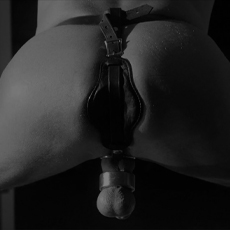
 domcockring
domcockring 
 blissbondage
blissbondage  tribetether
tribetether  pridepunish
pridepunish  rainbowrough
rainbowrough  spectrumslave
spectrumslave  furyplug
furyplug 
 edgegaze
edgegaze 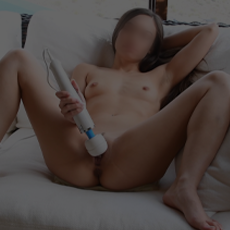

 gayvibsextoy
gayvibsextoy